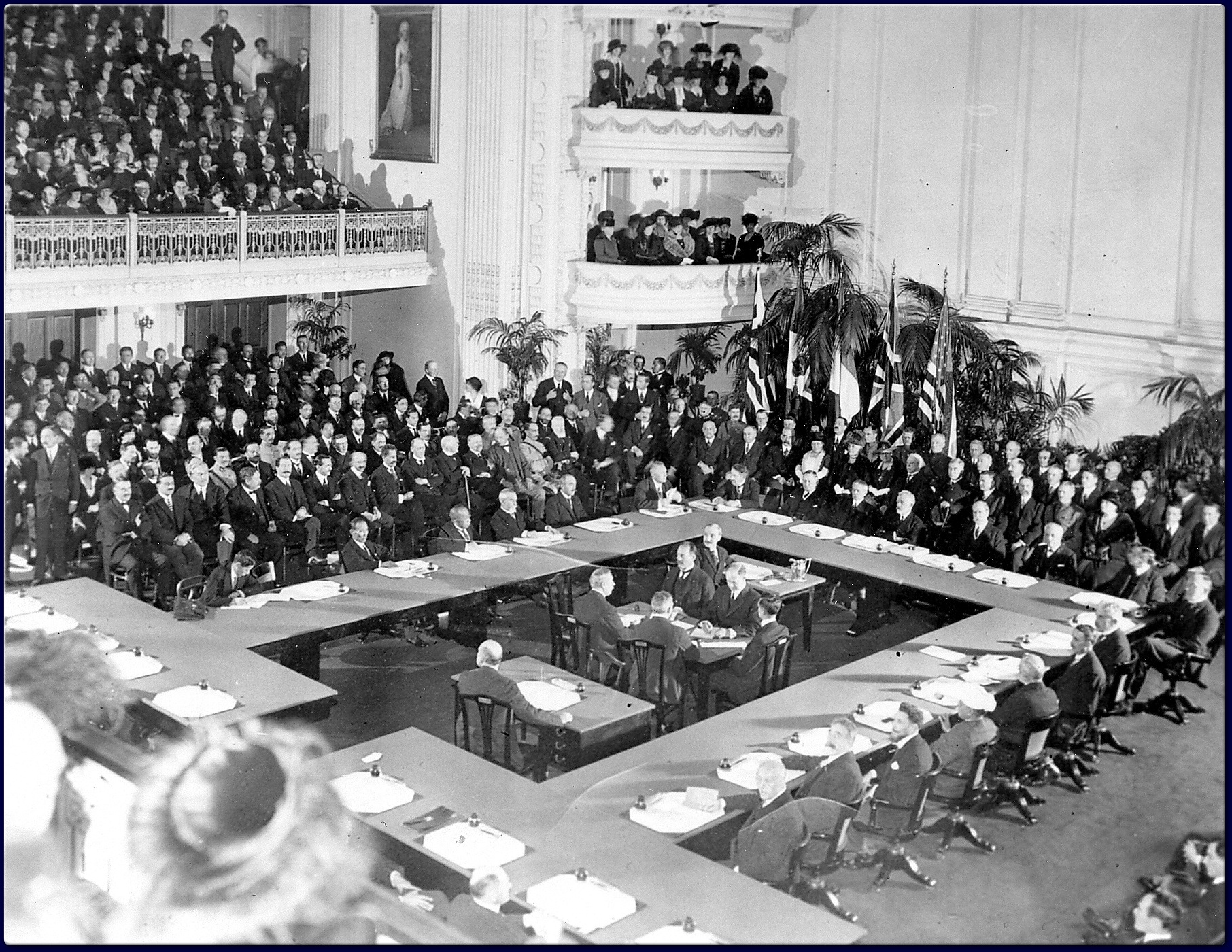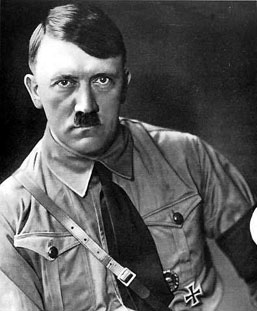From the years of 1914 to 1949 Germany was under the world wars as long as was the rest of the world. World War I was thought to be a quick war which would have been over in a few weeks. however that plan did not come to place. As the war lingered on the enthusiasm and support quickly faded (192). With that in mind. the war brought many changes to the German government and to its people. They suddenly were at a different state than they were before and democracy did not seem to be working (198). World War I ended in defeat for Germany in 1919. The Treaty of Versailles was signed by Forgein Minster Hermann Muller Postal Minster Johannes Bell. The Treaty of Versailles left Germany with the bill of World War I. They had a pay for much of the destruction they were blamed with us this country start of fall apart economically (204). They were left Bankrupt. The people had to return to the form of bartering instead of using money because it was simply worth nothing. They would use it to burn fores to keep warm because they had to use needed coal as payment to France. The amount of money that they had to pay with 6% annual interest just destroyed the economy of Germany (209-210).

The signing of the Treaty of Versailles
An image of the Treaty
Not only was Germany facing an economic issue, but also a governmental one. They went through 16 different governments in the average of a new form about every year and a half (207). Germany was seemed helpless after the Treaty of Versailles their forces and military was ordered to decrease (205). However in 1923 Hitler led a March which began a patriotic movement, which put him and his associates in jail (211). However, new governments were not only changing in Germany but were also changing in Britain and France. The German was given a second chance since there was a greater amount of openness toward Germany (212).
Although things were beginning to look brighter for Germany, all was not right. The Treaty of Versailles left them with a broken spirit, and even though the other European countries were no longer harassing them and strictly blaming them for World War I, The country of Germany was still not united. But even though the Treaty of Versailles left them with a great hardship, the years of 1924 in 1929 there was a great production increase in Germany with a growth of about 50% (218). But growth was only temporary in 1930 unemployment began to increase (230). The heartache of World War I left Germany with a hopeless society and though there was growth there was still not one country. This left a whole that needed to be filled. Hitler was able to use this toward his benefit. His eloquence in words gave him the power to reach the heart of the people.
Hitler: brought unity to Germany
Hitler use the emotional needs of the people to reach the heart of the people (231-232).
The Great Depression then hit between 1920 and 1932. Once again it was as if Treaty of Versailles heartache had returned. No it did not lead directly to Hitler's reign, it helped give him the emotional needs of the people for him to dominate Germany. His goal for a "superior race" left him in charge of the nation (247). Post-World War I left Germany with a desperate need for unification, and Hitler answer that call. What he had done for Germany was given immunity which had never been done before, this time German people a reason to stand united. Hitler used the Treaty of Versailles to get Germany on his side and he rose against it and violated it in 1935 (259).
To find it interesting that one treaty affected Germany so greatly it lead to the country be run by arguably the "evilest "dictators of all times. We often blamed Germany for being an evil nation however we do not realize the pain they suffered before they became what Hitler influence them to be. He gave them something they had desired unity and something to live for. Looking back today, we may blame the people of Germany for following the "evil dictator." The Treaty of Versailles left a lasting negative effects to the German people it is amazing how one piece of paper can change a nation.
Word 727


















